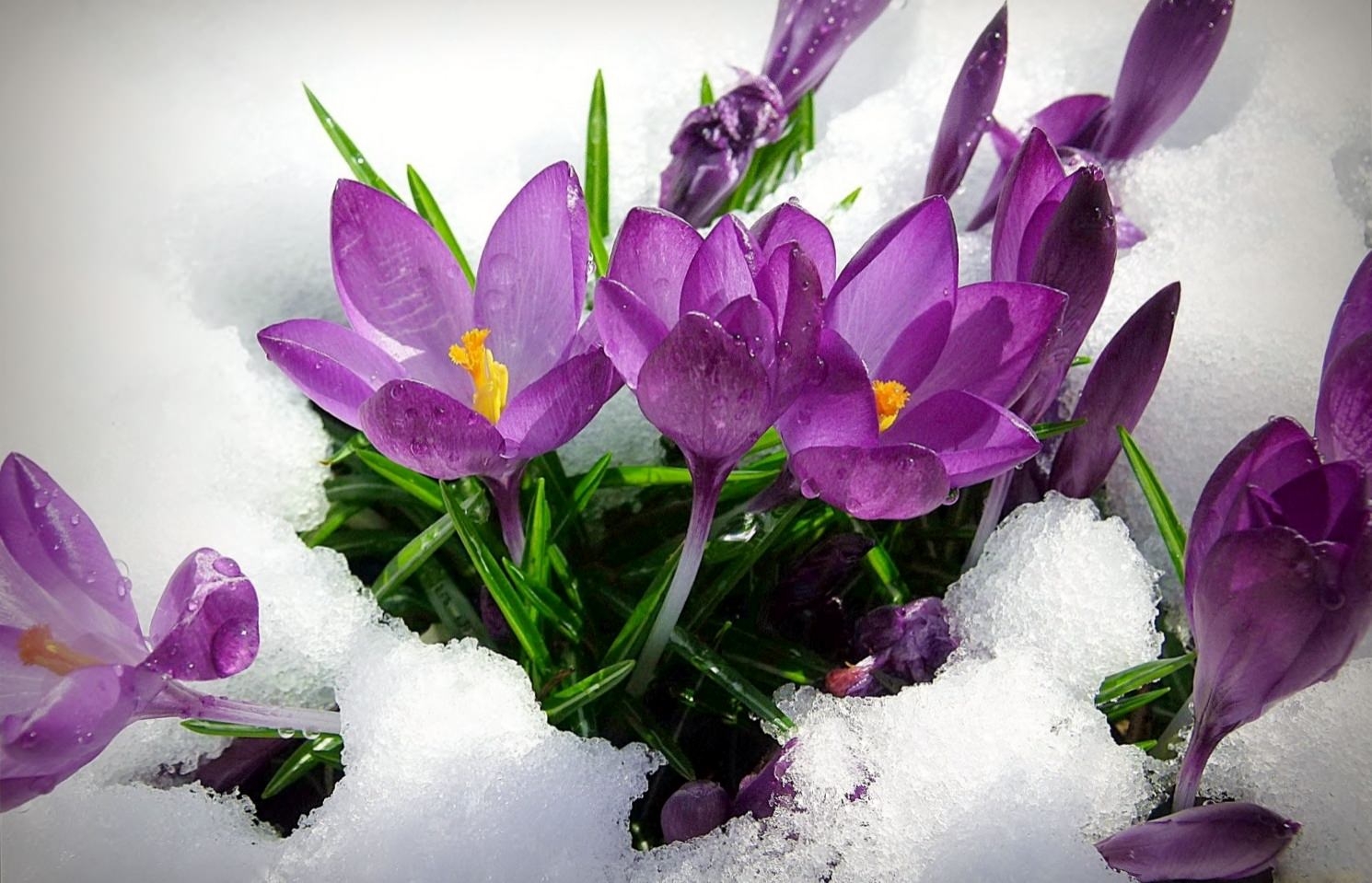 Our April Round Robin Topic: Does the season ever play a part in your setting? How do you think seasons affect setting & plot either physically or metaphorically?
Our April Round Robin Topic: Does the season ever play a part in your setting? How do you think seasons affect setting & plot either physically or metaphorically?
@@
Setting is important in any story, whether fiction or non-fiction. Any author wants the reader to “feel” like they are in this place. If it’s a series set in the same place the reader gets to know it and feel comfortable there. So, if setting is so integral to our stories that they are as important as the characters, then it is just as important to include the seasons 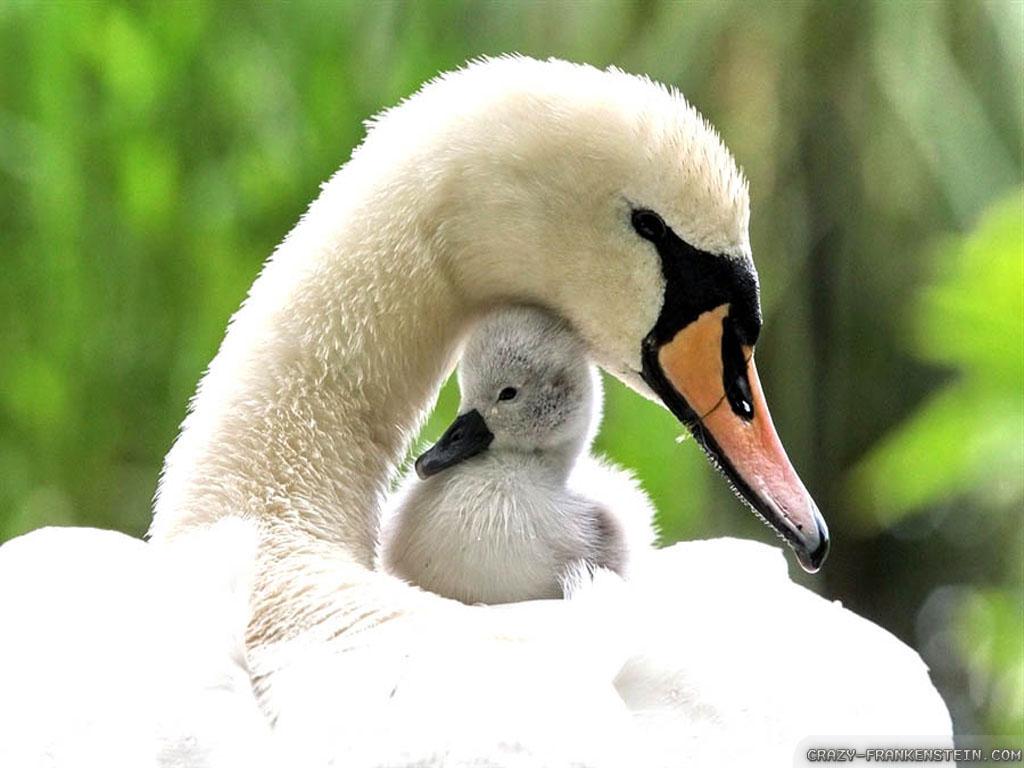 that will impact the plot and that setting both physically and metaphorically.
that will impact the plot and that setting both physically and metaphorically.
@@
A metaphor is one word used to replace another. Seasons often do the same thing. Spring seems to suggest new beginnings, new growth, things coming back to life, whether it’s someone who’s mentally been in a bad place and is finally finding signs of hope – new beginnings, or just our climate emerging from winter with flowers blooming and trees leafing out in new robes of green. Although human babies are born year round, many animals give birth in the spring so their offspring have the warmth and fullness of summer to mature and be ready for the chill of fall and winter. Fall is often compared to  humans who’ve passed through the height of their life, not yet ready for winter and death, and maybe still robed in brilliance, but definitely not new or green. Summer is all about the fullness of life in general, from corn growing fat in the fields, to apples fleshing out on trees, with long days and lingering, warm evenings. And Winter is the death of all that glory. Bears and bees hibernate (although some species die and the old queen dies.) Birds fly south every fall, seeking a warmer climate to spend the winter. Deciduous trees shed their leaves and create a lacy lattice work of branches against the chilly winter blue sky. And somewhere in the winter of our lives, humans end their lives, either willingly, having lived a good, long life, or kicking and fighting for just one more day. Obviously humans die during all the seasons, not just from accidents and injury but of old age as well, but the metaphor of the winter of life remains.
humans who’ve passed through the height of their life, not yet ready for winter and death, and maybe still robed in brilliance, but definitely not new or green. Summer is all about the fullness of life in general, from corn growing fat in the fields, to apples fleshing out on trees, with long days and lingering, warm evenings. And Winter is the death of all that glory. Bears and bees hibernate (although some species die and the old queen dies.) Birds fly south every fall, seeking a warmer climate to spend the winter. Deciduous trees shed their leaves and create a lacy lattice work of branches against the chilly winter blue sky. And somewhere in the winter of our lives, humans end their lives, either willingly, having lived a good, long life, or kicking and fighting for just one more day. Obviously humans die during all the seasons, not just from accidents and injury but of old age as well, but the metaphor of the winter of life remains.
@@
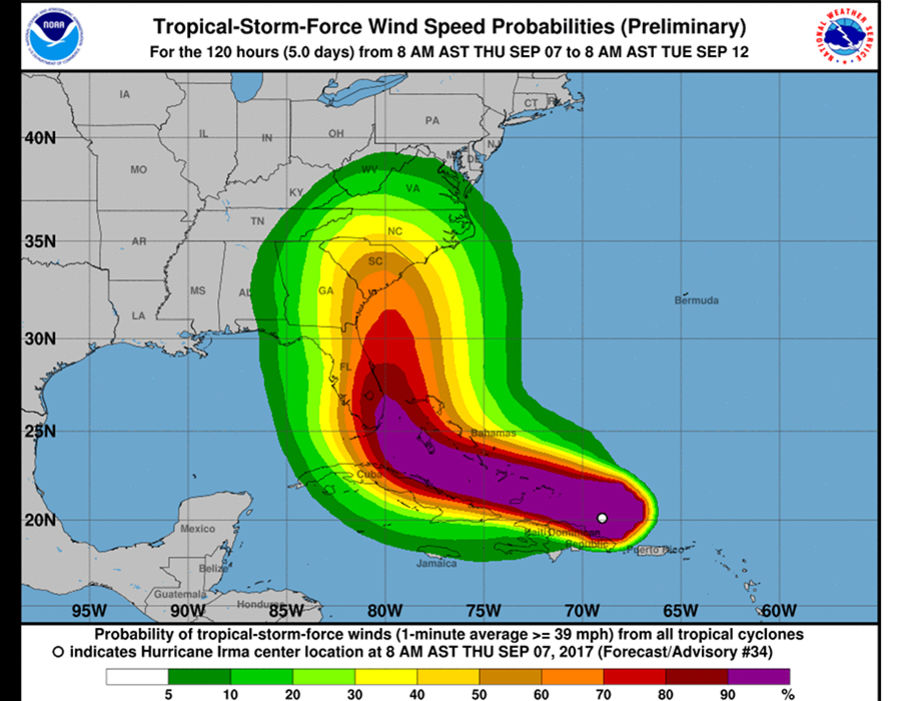 Physically, the effects of the seasons can make a big difference for your setting and can add any number of things to your plot. Perhaps you have set the stage for a story taking place where hurricanes can be expected each year. Your protagonist is busy, not only going about their regular life activities, but they are also dealing with whatever story crisis you’ve given them and now then the weathermen are talking about a hurricane coming. Hurricanes even have names and it can be days before they finally arrive. The possible dangers hang over everyone and the atmosphere is tense. Warnings about having drinking water and food and the
Physically, the effects of the seasons can make a big difference for your setting and can add any number of things to your plot. Perhaps you have set the stage for a story taking place where hurricanes can be expected each year. Your protagonist is busy, not only going about their regular life activities, but they are also dealing with whatever story crisis you’ve given them and now then the weathermen are talking about a hurricane coming. Hurricanes even have names and it can be days before they finally arrive. The possible dangers hang over everyone and the atmosphere is tense. Warnings about having drinking water and food and the 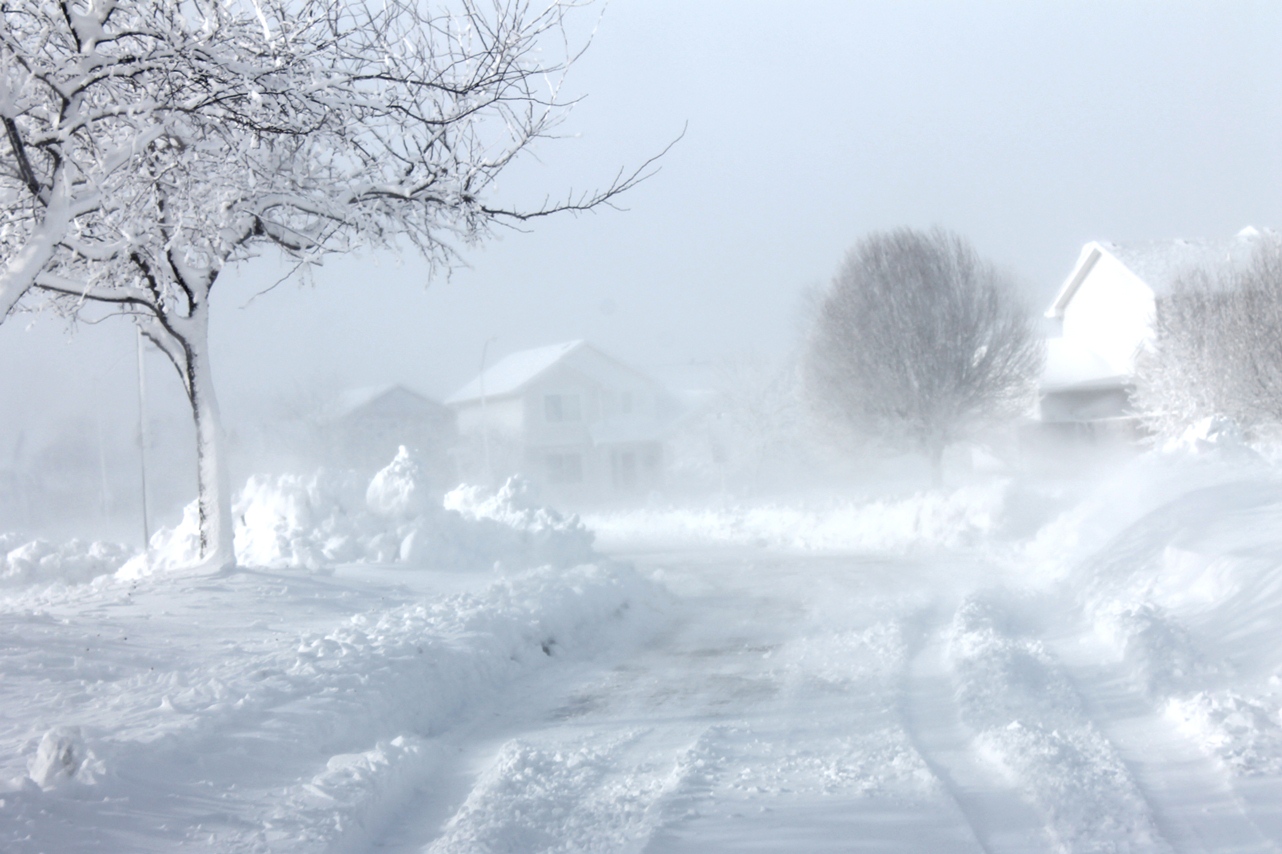 possibility of power outages grow ever more urgent as the hurricane approaches. They might be talking about mandatory evacuations and now your protagonist even has to take time to consider where they will go, and maybe what do to with their pets. Whatever else was already going on and demanding their attention is now in competition from the impending storm. Blizzards have a similar if less lengthy time frame. But blizzards and hurricanes are part of the climate and the season and can add tension to your story, ramping up the urgency for your characters.
possibility of power outages grow ever more urgent as the hurricane approaches. They might be talking about mandatory evacuations and now your protagonist even has to take time to consider where they will go, and maybe what do to with their pets. Whatever else was already going on and demanding their attention is now in competition from the impending storm. Blizzards have a similar if less lengthy time frame. But blizzards and hurricanes are part of the climate and the season and can add tension to your story, ramping up the urgency for your characters.
@@
 Summer, as a season, seems to give birth to renewal stories. Even in families and lives with no real stress, summer is a time for vacations, getting away from our normal lives and putting one’s feet up to relax. It’s a popular setting for renewals of relationships as well. Just think how many books out there feature families that have been estranged or stressed who get away to places like Martha’s Vineyard or anywhere on a beach where it’s warm and away from the hustle of daily life where people have time and the space to rebuild the bonds that have been stretched and possibly even broken.
Summer, as a season, seems to give birth to renewal stories. Even in families and lives with no real stress, summer is a time for vacations, getting away from our normal lives and putting one’s feet up to relax. It’s a popular setting for renewals of relationships as well. Just think how many books out there feature families that have been estranged or stressed who get away to places like Martha’s Vineyard or anywhere on a beach where it’s warm and away from the hustle of daily life where people have time and the space to rebuild the bonds that have been stretched and possibly even broken.
@@
 The Hallmark channel has built an entire following on the theme of Christmas, as a season – as opposed to a religious holiday. It is a season with traditions we can all relate to, so it helps the watcher to feel at home in that setting. Fall and Halloween bring an entirely different vibe to some stories, as does Easter with the theme of new beginnings and redemption. So, seasons can either add to the tension already building for the characters in our stories, or they can be a well understood setting that invites the reader to come right on in with their mind already in the spirit of the season, so to speak.
The Hallmark channel has built an entire following on the theme of Christmas, as a season – as opposed to a religious holiday. It is a season with traditions we can all relate to, so it helps the watcher to feel at home in that setting. Fall and Halloween bring an entirely different vibe to some stories, as does Easter with the theme of new beginnings and redemption. So, seasons can either add to the tension already building for the characters in our stories, or they can be a well understood setting that invites the reader to come right on in with their mind already in the spirit of the season, so to speak.
@@

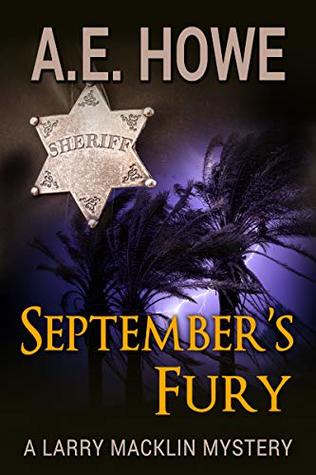 I recently read a book by A.E. Howe set in the Florida panhandle. His hero, Larry Macklin, a sheriff’s deputy, is desperately working to track down a killer when a hurricane moves in from the gulf. There is a killer on the loose, but Macklin is forced to put that aside to become involved in emergency management. The season that brings hurricanes plays a crucial role in the plotting of that story and its outcome.
I recently read a book by A.E. Howe set in the Florida panhandle. His hero, Larry Macklin, a sheriff’s deputy, is desperately working to track down a killer when a hurricane moves in from the gulf. There is a killer on the loose, but Macklin is forced to put that aside to become involved in emergency management. The season that brings hurricanes plays a crucial role in the plotting of that story and its outcome.
@@
But even when seasons aren’t used to add tension, I think any story that ignores the season and the climate leaves the reader with a very flat and uninteresting setting. Both seasonal weather and seasonal holidays pull a reader into the story, let them become a part of the action because we can all relate. We can relax in the heat and laid back atmosphere of summer, we can shiver our way through a bitter winter with our heroes and  heroines, be on the edge our seats in fire season in California, worrying about every spark that might set off disaster. Readers can celebrate familiar holidays with your characters as they set aside the normal.
heroines, be on the edge our seats in fire season in California, worrying about every spark that might set off disaster. Readers can celebrate familiar holidays with your characters as they set aside the normal.
@@
 In the first book of my series, Falling For Zoe, my hero Jake’s backstory includes a young woman giving birth way before her time and him holding an infant too tiny to survive in his hands for just a few moments. Imagine how scared and unprepared Jake feels when the woman he loves goes into labor early with a hurricane raging, cut off and unable to even call for help due to downed lines and trees. Without that seasonal hazard there would have been far less stress, and my hero wouldn’t have had to dig deep inside himself for the courage to face his demons and do what had to be done.
In the first book of my series, Falling For Zoe, my hero Jake’s backstory includes a young woman giving birth way before her time and him holding an infant too tiny to survive in his hands for just a few moments. Imagine how scared and unprepared Jake feels when the woman he loves goes into labor early with a hurricane raging, cut off and unable to even call for help due to downed lines and trees. Without that seasonal hazard there would have been far less stress, and my hero wouldn’t have had to dig deep inside himself for the courage to face his demons and do what had to be done.
@@
 Take a moment and think of your favorite book(s) and ask yourself, ‘How did that author use seasons to enhance their story?’ And ‘Would it have changed the story had the season not been included in the plot?’ Then ask yourself, what would the inclusion of seasons do to enhance my own work in progress? How can I use seasons to add tension or color, or ambiance that nothing else can provide? And while you’re at it, pop on over to these other sites and see how these authors use seasons in their writing.
Take a moment and think of your favorite book(s) and ask yourself, ‘How did that author use seasons to enhance their story?’ And ‘Would it have changed the story had the season not been included in the plot?’ Then ask yourself, what would the inclusion of seasons do to enhance my own work in progress? How can I use seasons to add tension or color, or ambiance that nothing else can provide? And while you’re at it, pop on over to these other sites and see how these authors use seasons in their writing.
@@
 Victoria Chatham
Victoria Chatham
Diane Bator
Judith Copek
Beverley Bateman
Connie Vines
Helena Fairfax
Rhobin L Courtright
Dr. Bob Rich